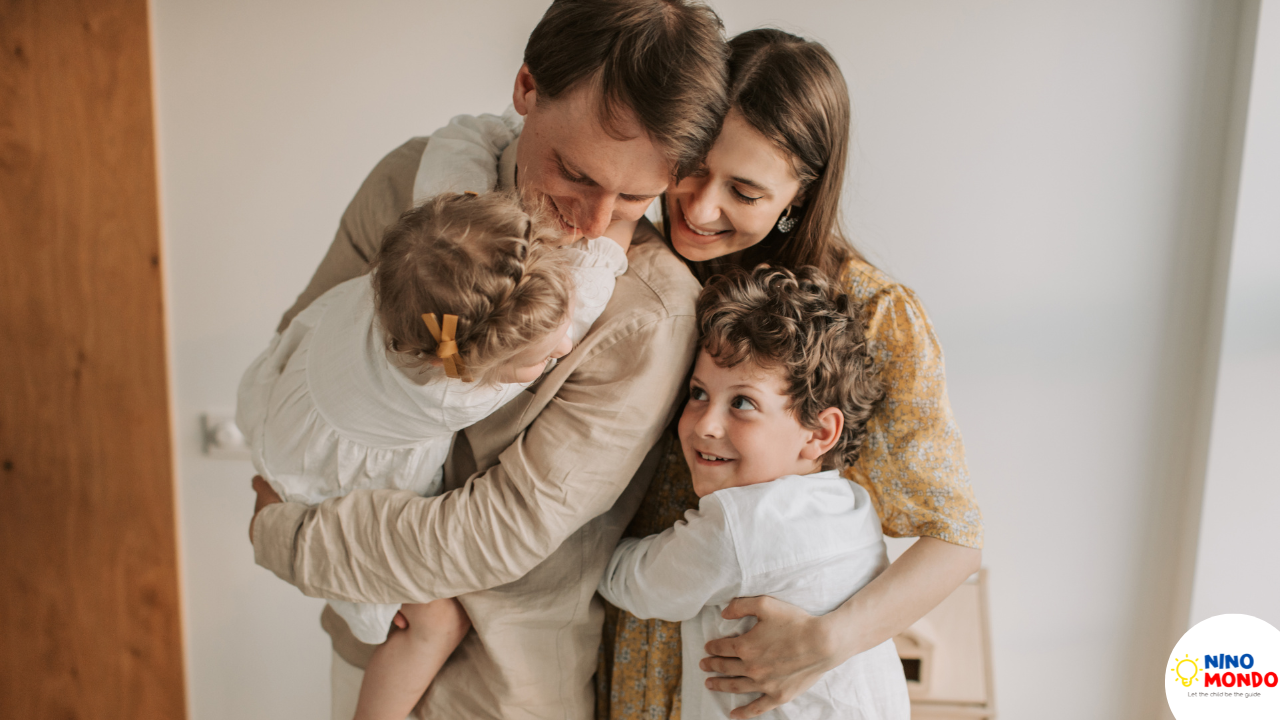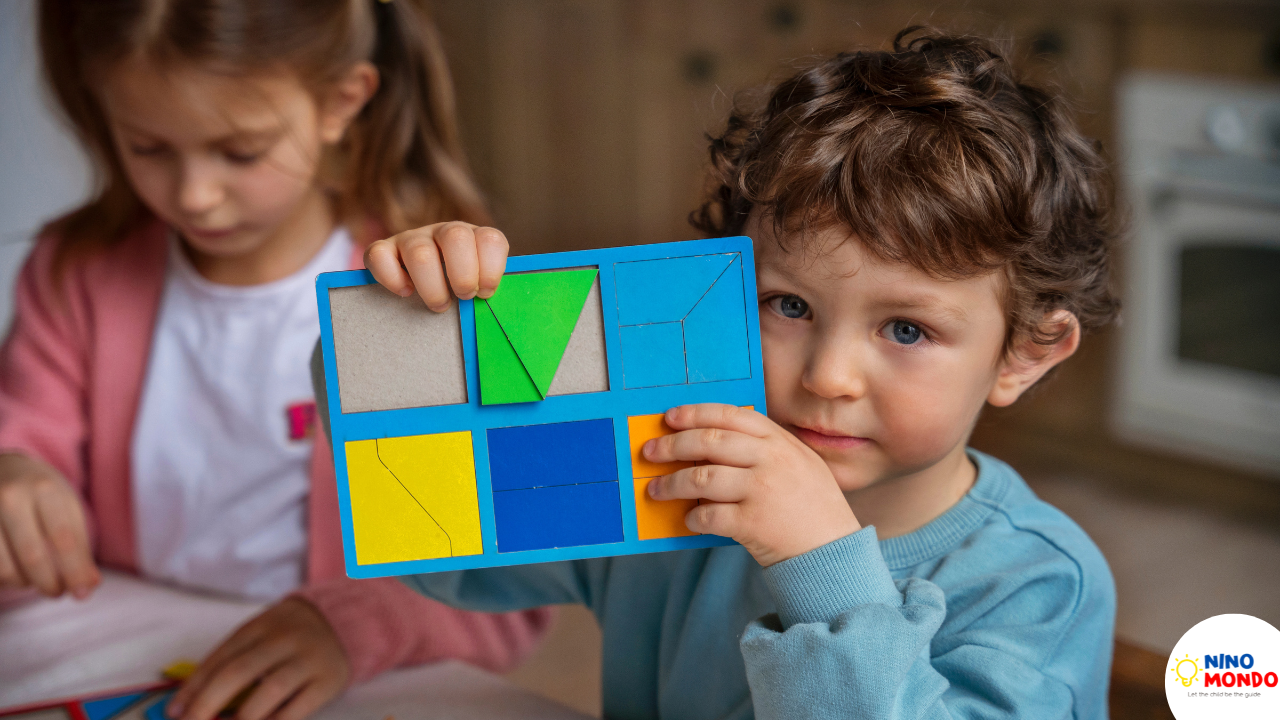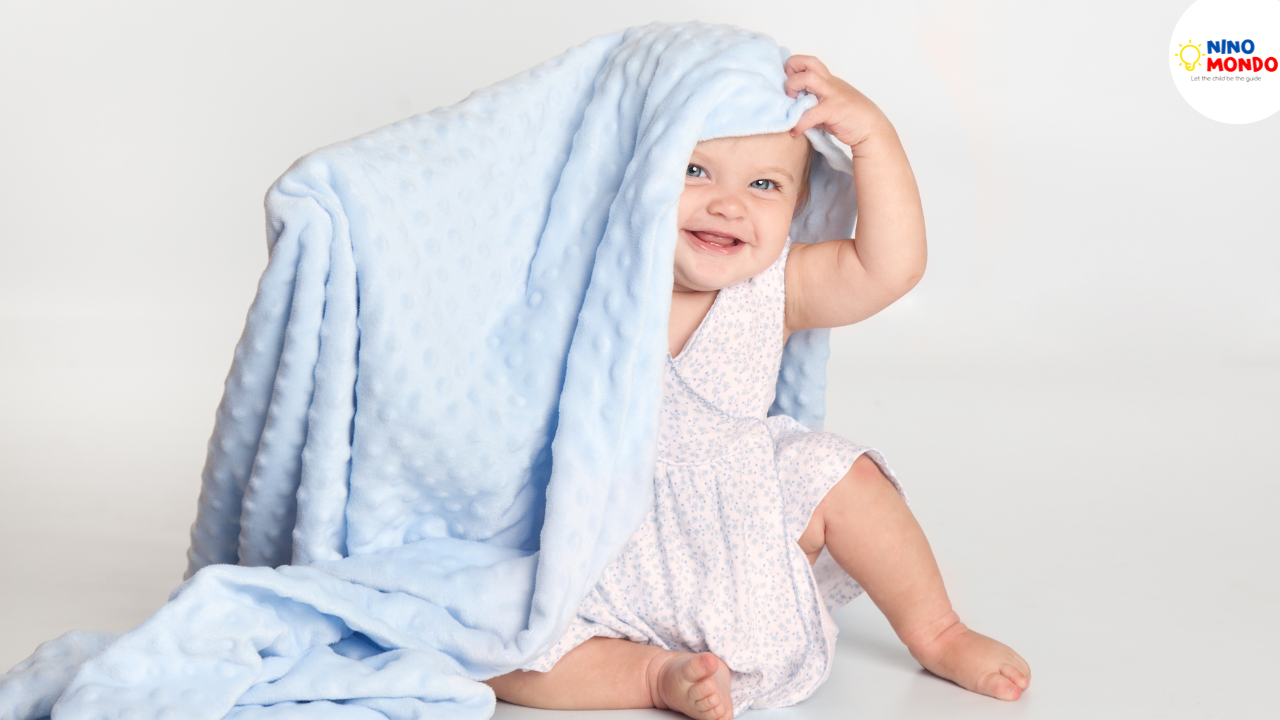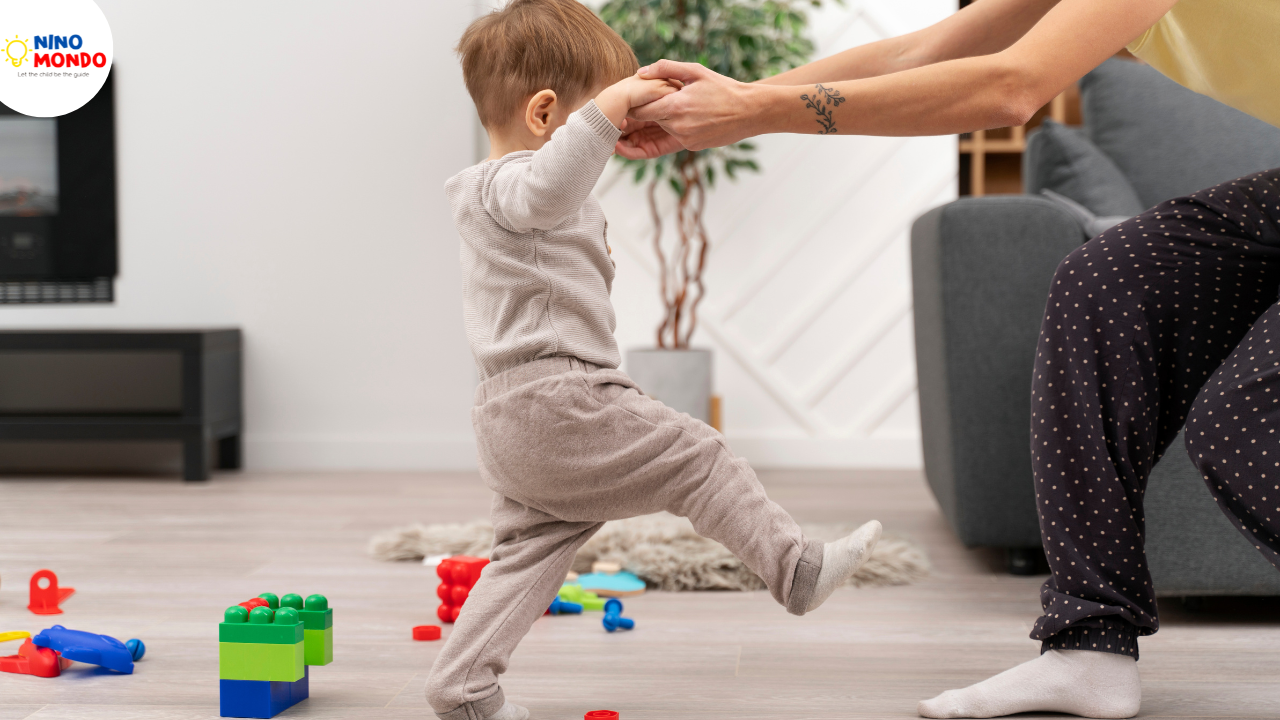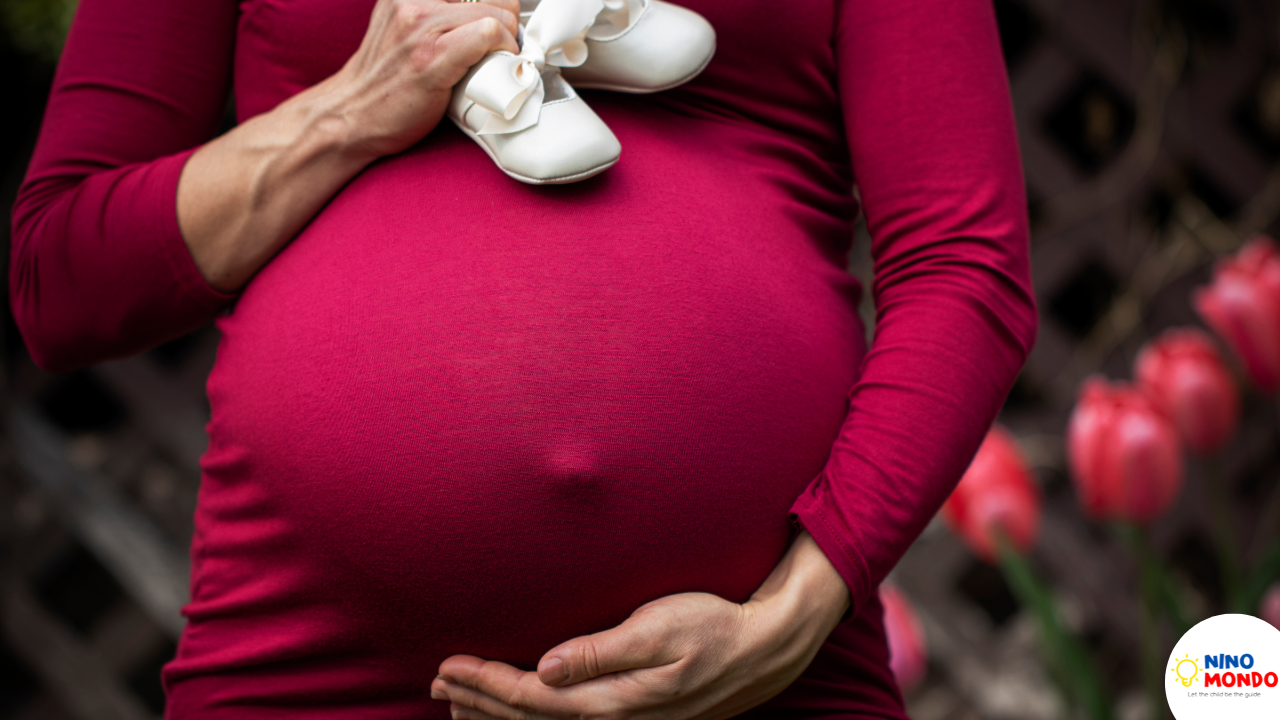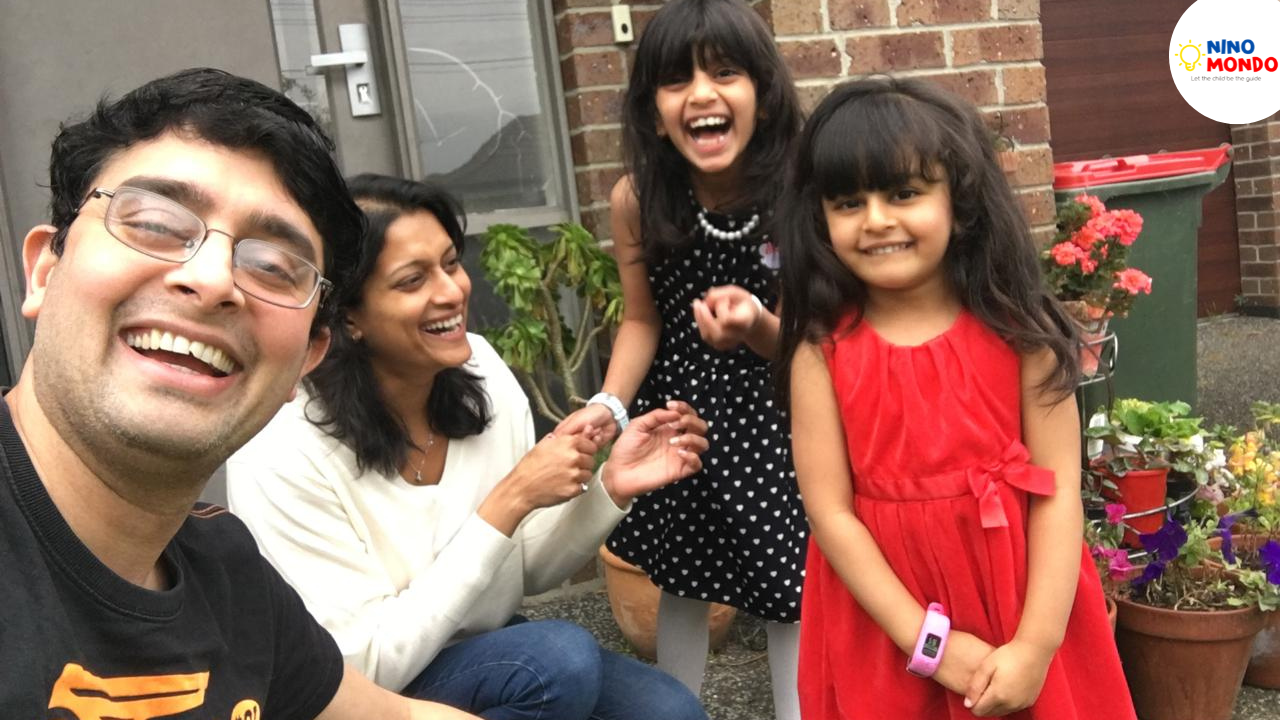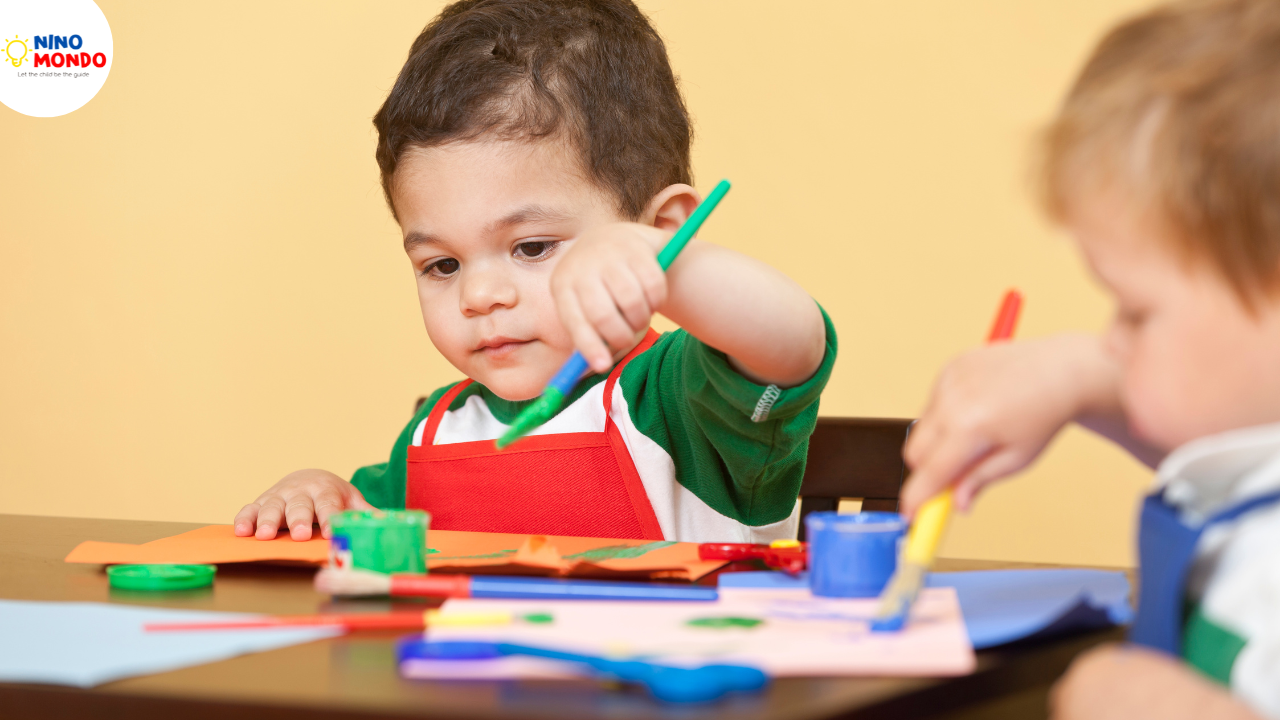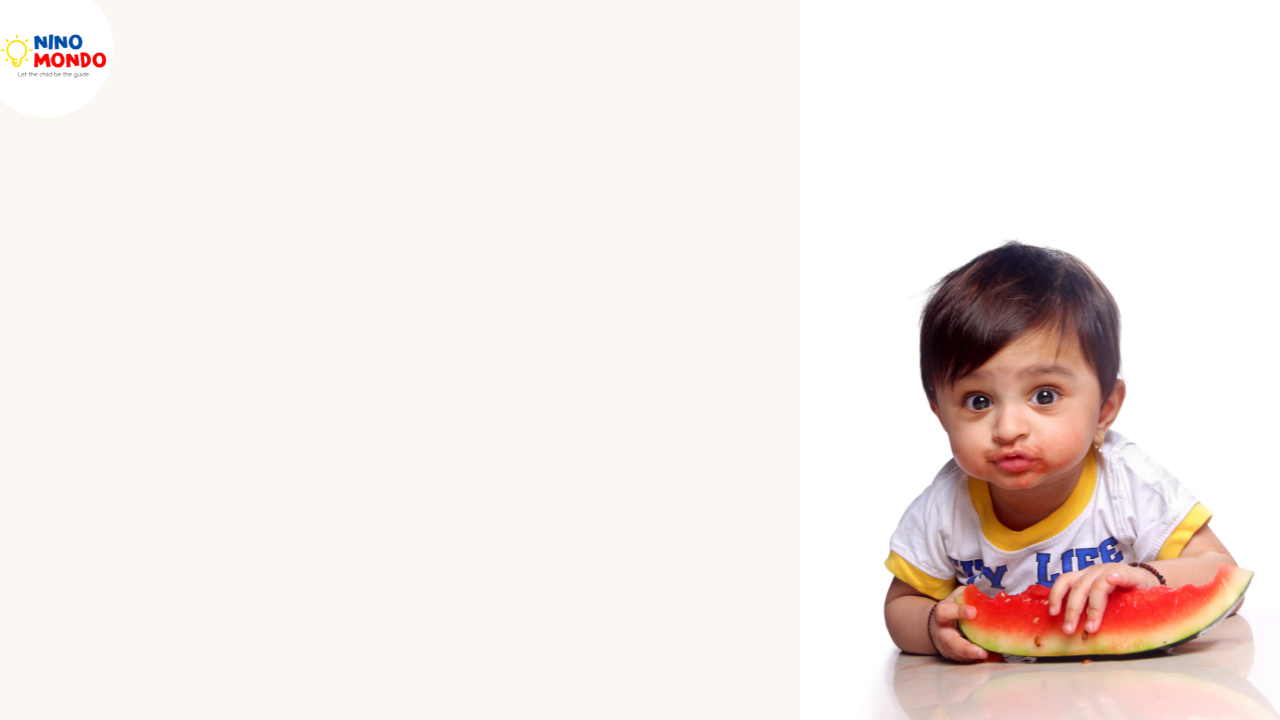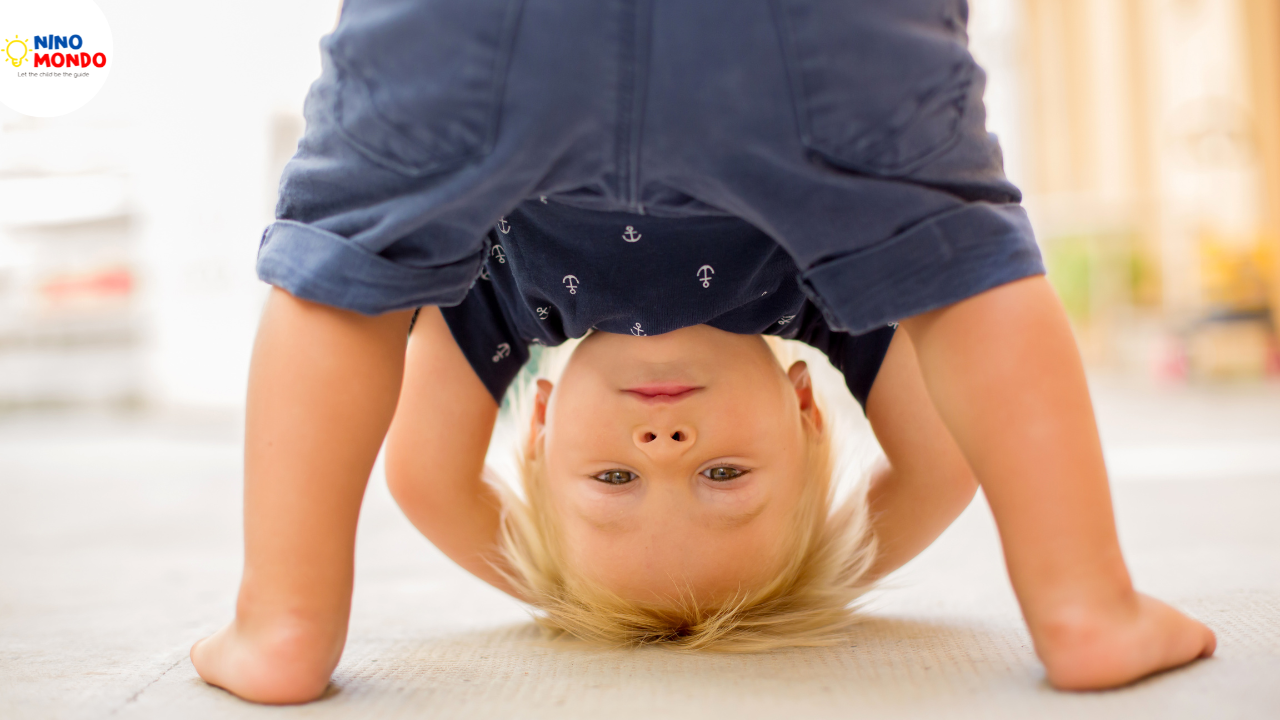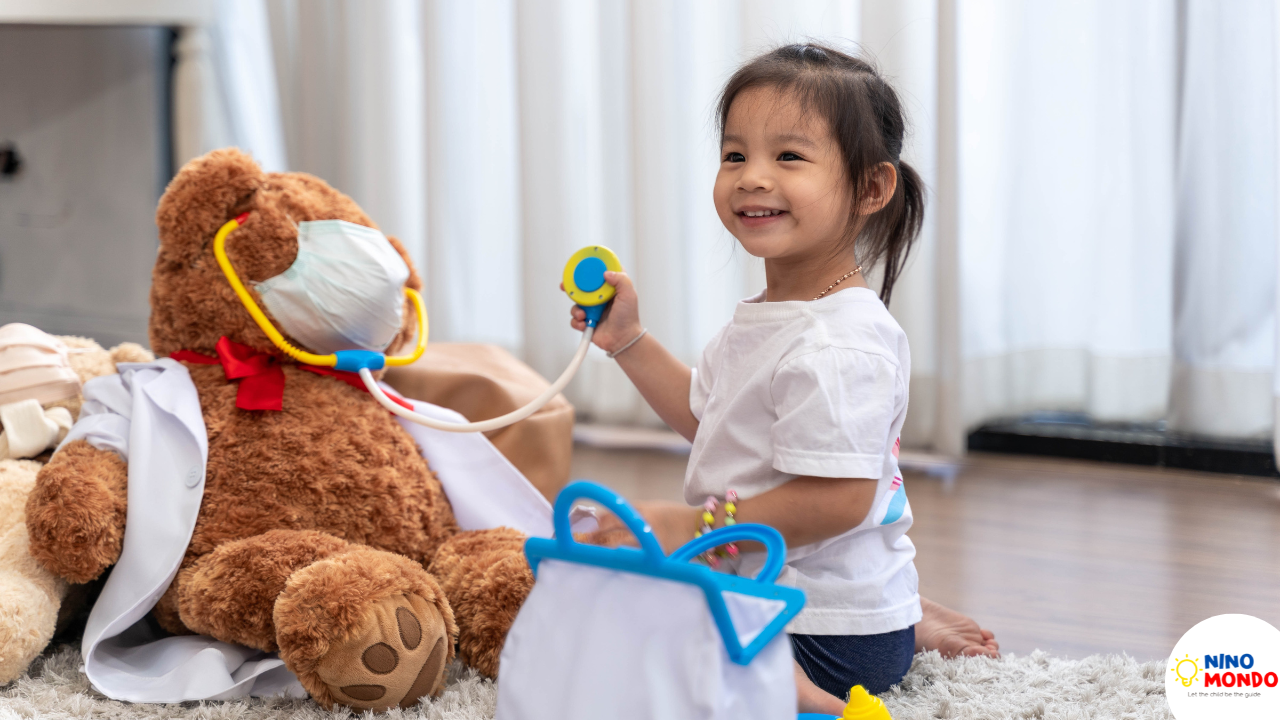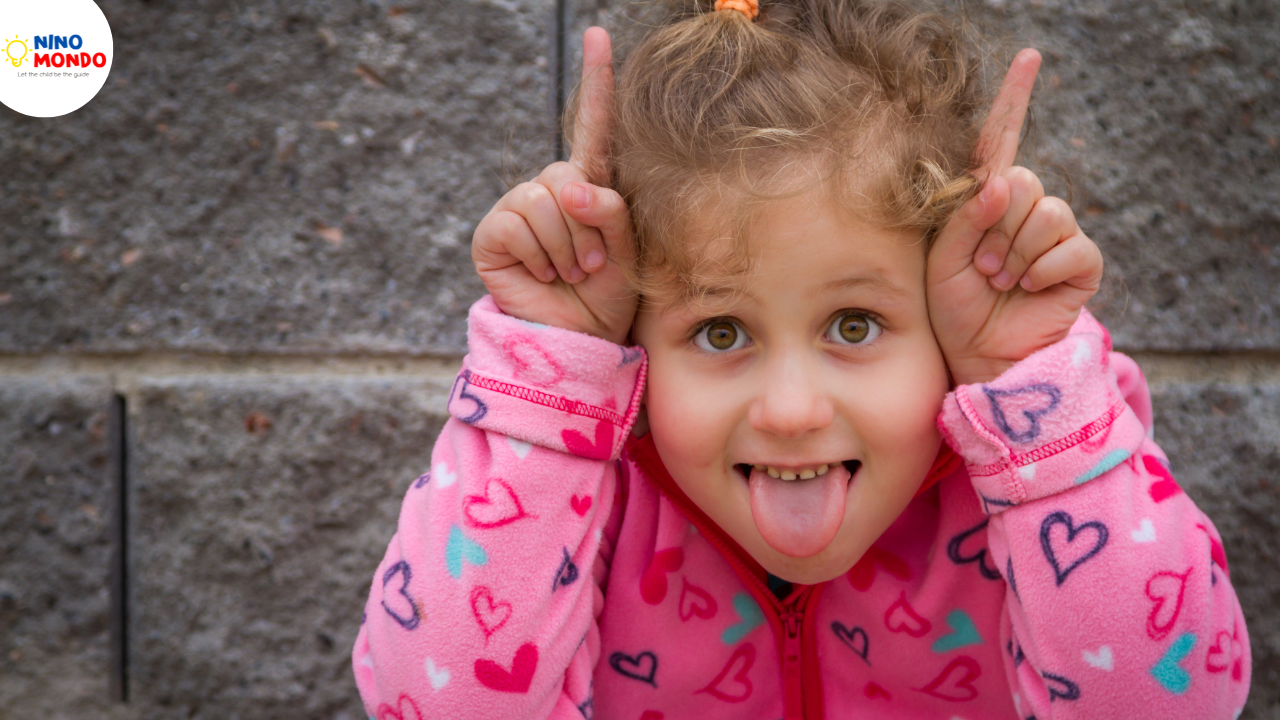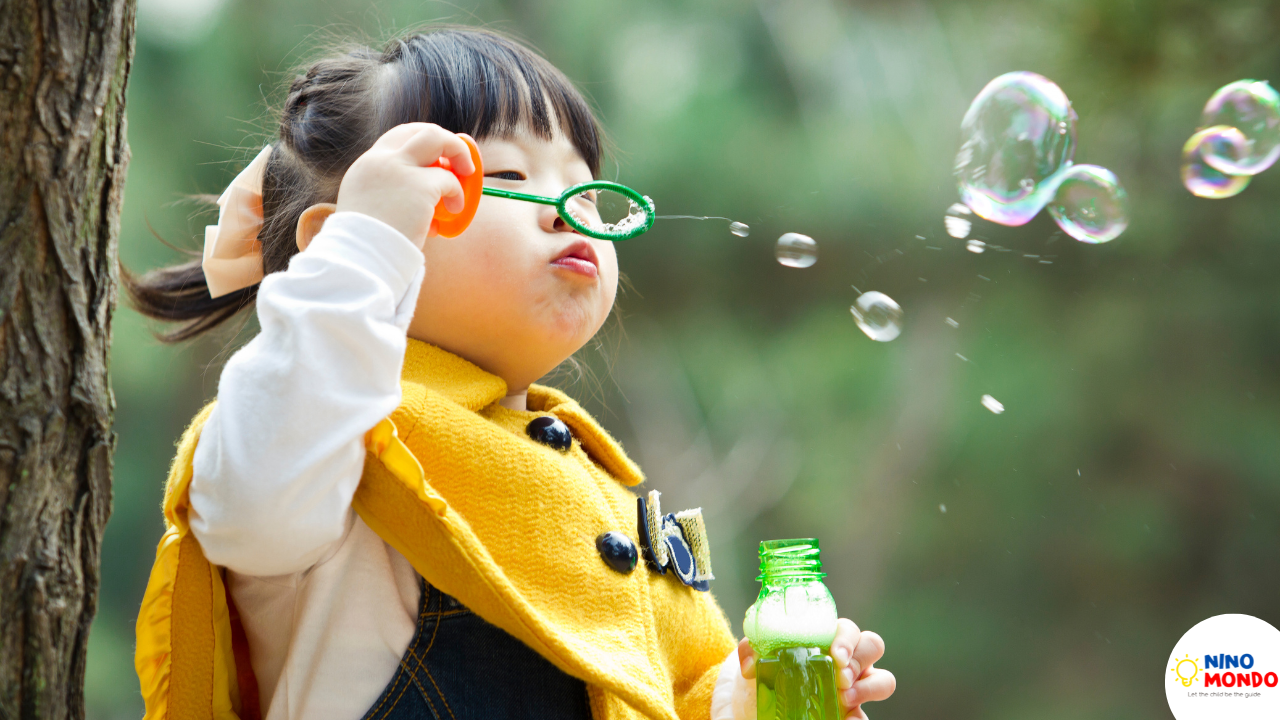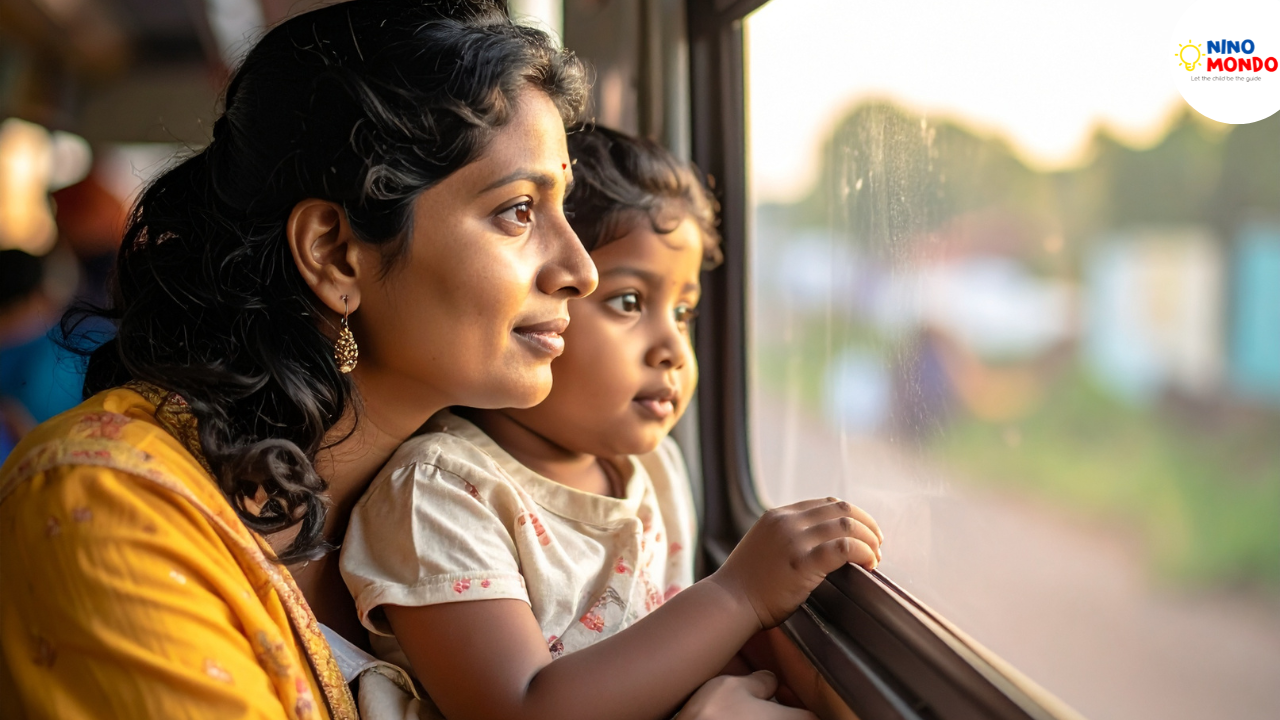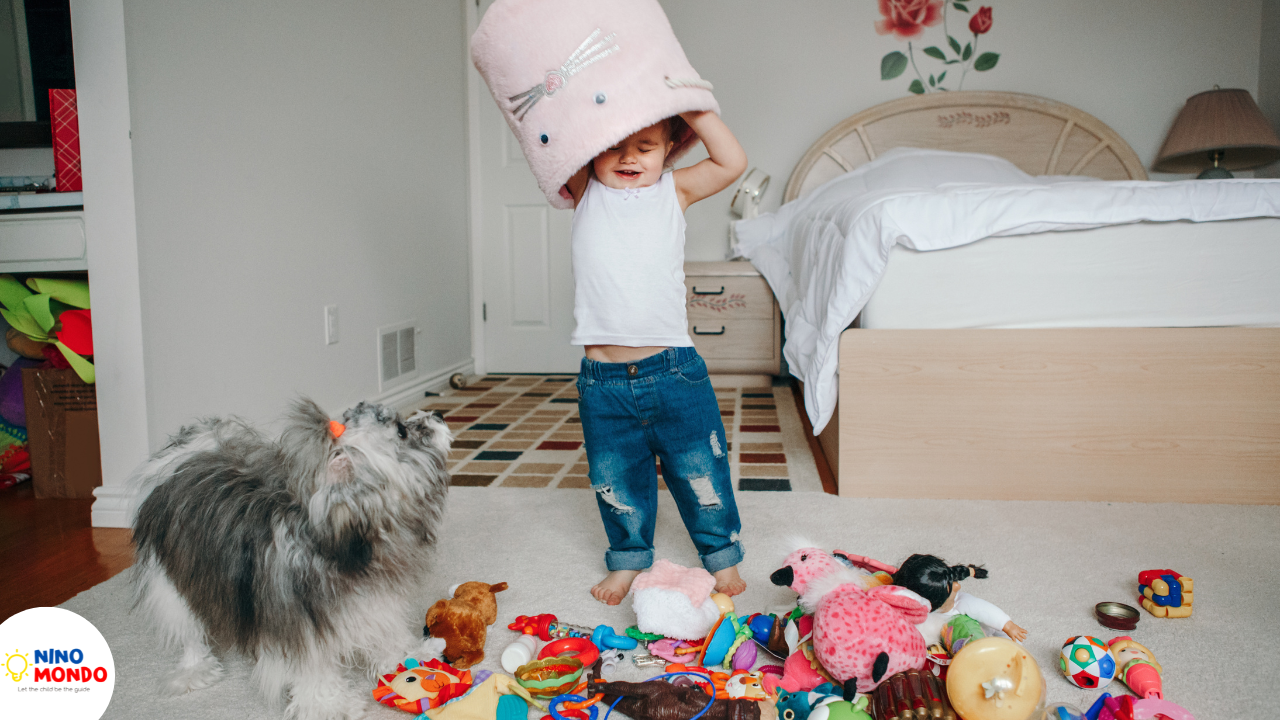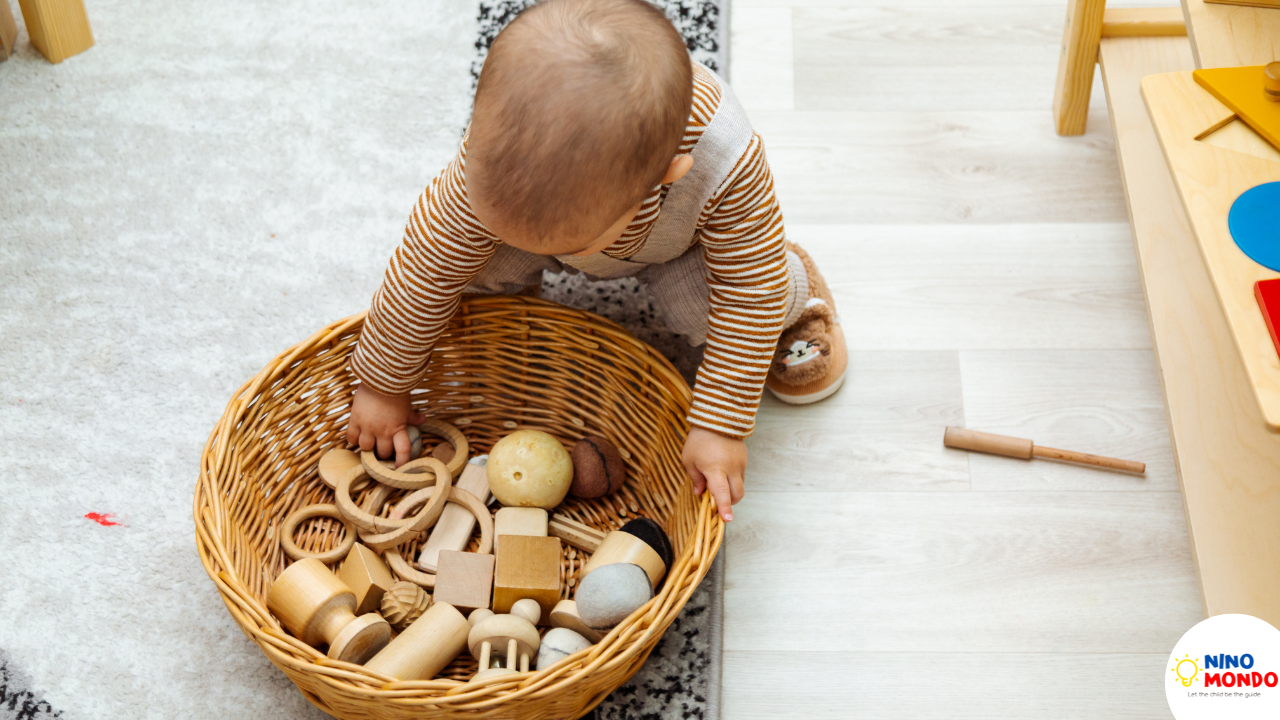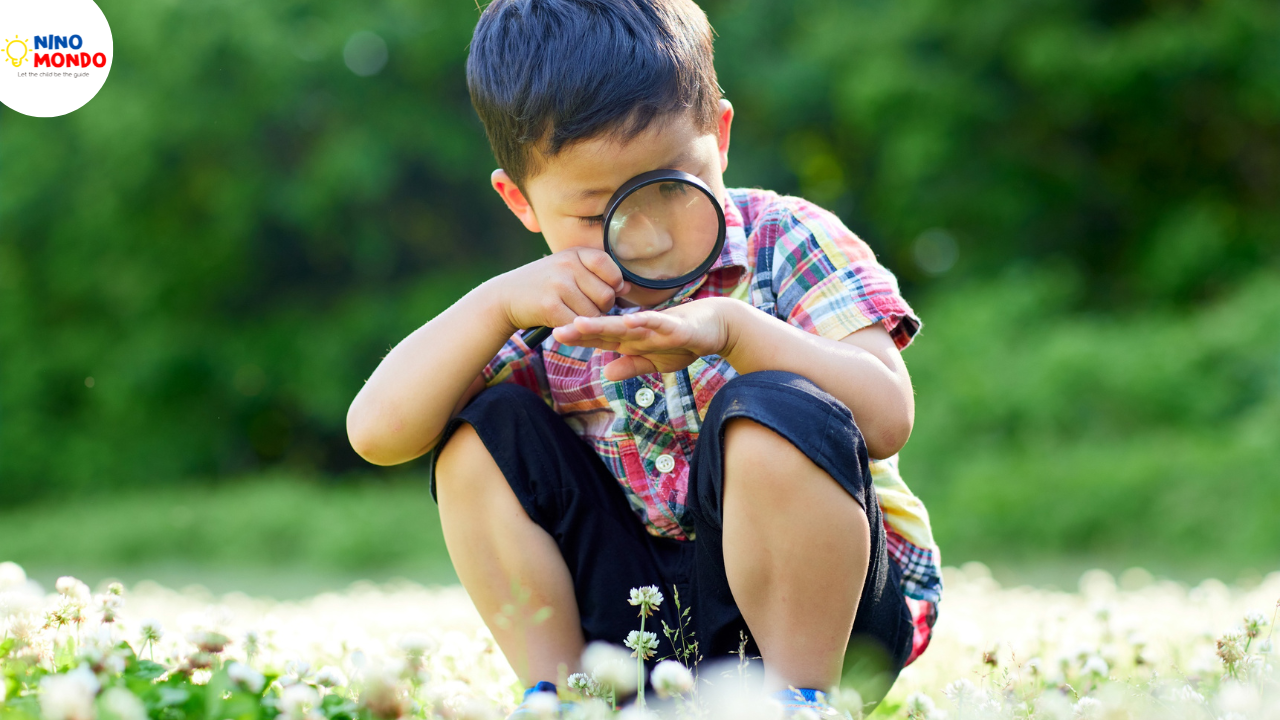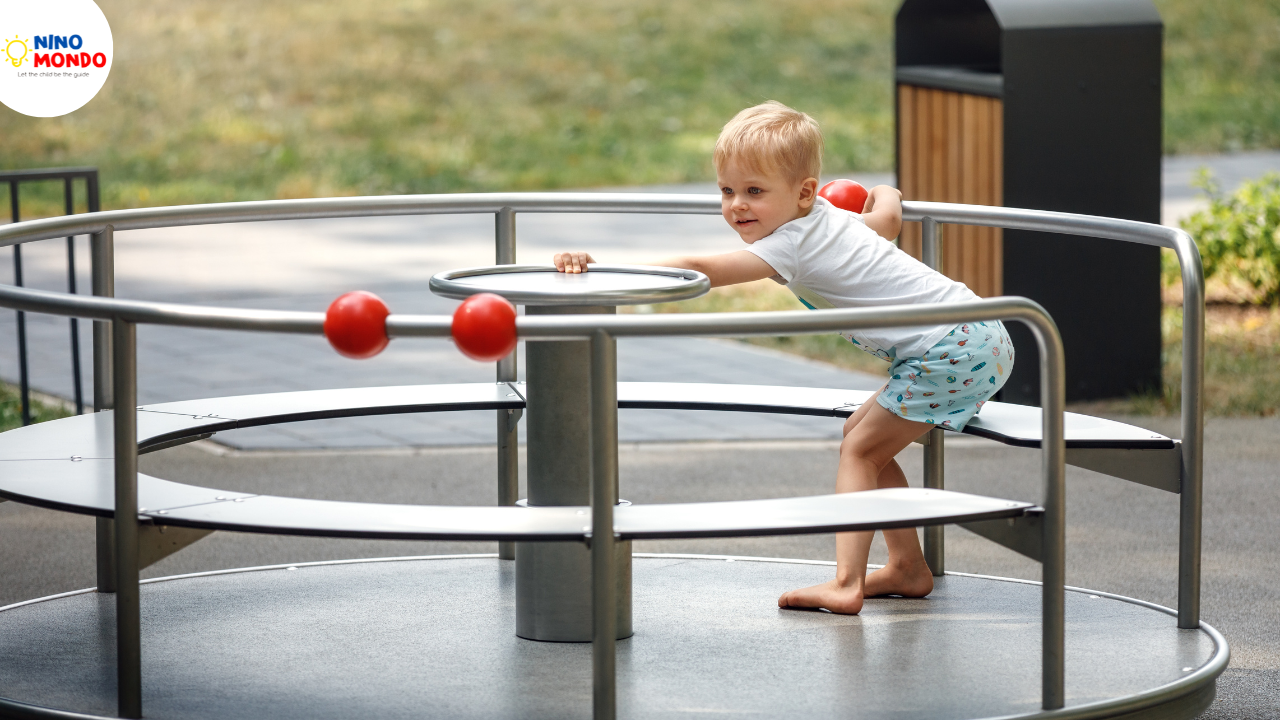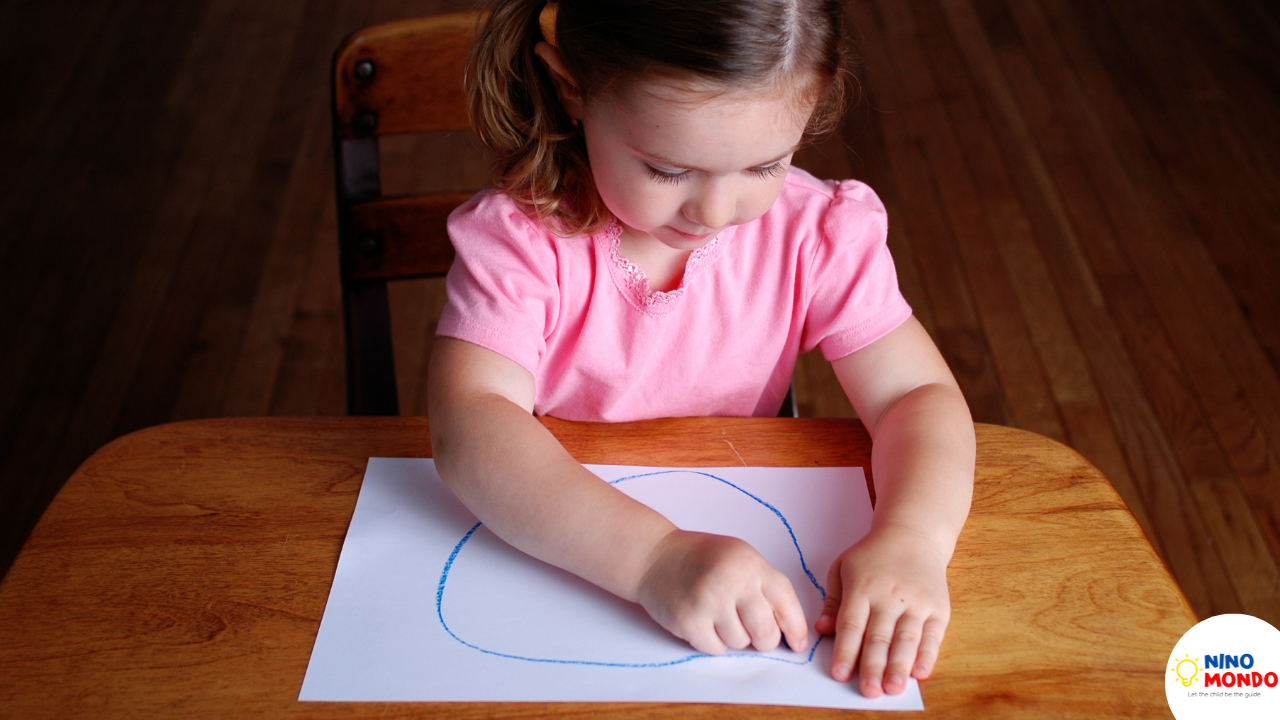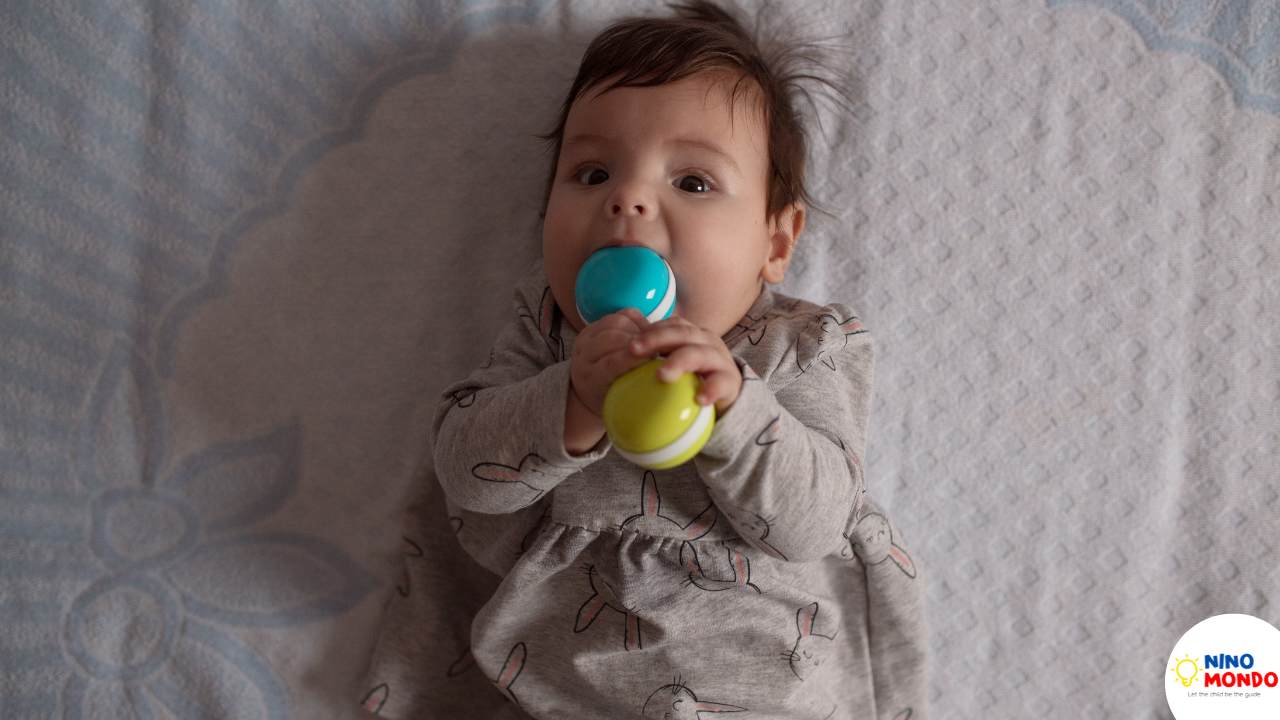Did you know cuddling can boost your child’s immune system? It reduces stress hormones that weaken their ability to fight off illness.
That quiet moment where the world seems to pause and all that matters is the warmth of your child’s hug, which is much more than the love language you cherish so de...
Do you often notice your little one putting things or themselves in boxes? Does your child keep drawing or creating boundaries around different things? You might have seen it a hundred times, but this isn’t random. It is their way of exploring concepts like space, boundaries, and containment.
But h...
Have you recently noticed your child wrapping a doll in a scarf, hiding toys under blankets, or even covering themselves under blankets? This seemingly casual behaviour is called the enveloping schema, and it’s not just playful; it’s a fascinating way your child is experimenting with boundaries, spa...
We know exactly how you are feeling. From their first smile to their first steps, every developmental milestone moment feels monumental.
You want to capture every moment and are worried that you might miss out if you aren’t constantly looking. To top it off, your friend’s child or the other child i...
“When children are truly involved in the scientific process, they gain understanding, knowledge, and life skills.”
- Lilian Katz
As a mum juggling the endless responsibilities of a full-time job and going through the rollercoaster ride of parenthood, there’s this constant thought: Am I doing e...
Self-care?! Do I need it?
Let’s get real for a second—being a mother is everything but easy. You put everything and everyone else before you and mostly forget that you matter, too.
Between the chaos of feeding schedules, endless laundry, and that never-ending to-do list, carving out time for yours...
Time management and motherhood. How are they even in the same sentence?
Being a mother is like running a never-ending marathon—but you also have to be the coach, the water girl, and the cheering squad.
You are always rushing from one chore to another and never seem to have enough time. With your k...
Should I extend my maternity leave by a few more weeks or a few months, maybe? Should I shift to a less demanding role? Am I ready for this? Will it affect how my colleagues treat me?
New mums go through so many thoughts before making a decision- whether to resume work or not.
While many new mums ...
Wow! You will soon be a mom, and we couldn’t be prouder of you.
First off, congratulations—you’re growing a human, and that’s simply amazing.
Whether it’s your first time or you have been down this road before, your pregnancy story is unique, just like your bump. It’s no surprise that each pregnan...
Every child mimic social behaviour and customs, such as saying “please” and “thank you,” but how did they learn them? No one taught them table manners or the correct way of sharing toys, and yet they quickly developed mannerisms and social structures with ease. How did it all happen?
Young children...
Are you also guilty of not letting your child go through self-directed learning? Do you find yourself constantly correcting the mistakes of your child? Do you feel the pressure of guiding your children through every step of their learning journey is denying them the freedom to be a child?
As parent...
Picture this: your little one is mixing water and sand together and amazed at how it transforms into a different texture when combined. Throughout the early years, children often become fascinated with activities for kids that involve watching how things transform.
This playful urge to watch thing...
While many of you have heard about Montessori, very few actually know how hassle-free and simple it is. Yes, it is an educational philosophy that focuses on child-led, hands-on learning within a thoughtfully prepared environment, but at its core, there is much more than just Montessori toys.
It wa...
Picture this: Your toddler is crouching low to peer under the couch, flipping onto their back to examine the ceiling, or hanging upside down off the bed, giggling uncontrollably as they attempt to view the world from this new angle.
Your little one is constantly evolving and learning new tricks to...
Picture this: Your little one is mimicking a doctor to treat their toys or mimicking a teacher and scolding their toys. Or when your baby is arranging cushions to create a continuous path across the room or lining their toys to form a long chain. Sometimes, what may seem like a random act or thought...
Do you feel you are unable to cope with your little one’s difficult or negative behaviours? Does incorporating positive behaviour support strategies into your child’s daily routine seem difficult? Well, in today’s times, when there is too much distraction and exposure to influence our little ones, f...
Do you find your young one eager these days to participate in activities like cooking together or helping you mix the batter? Or are they constantly knocking down a tower of blocks or splashing water to see what happens?
In the early years, children are naturally curious about how things work. The...
As a Montessori parent, you may face or may have faced criticism that you are pushing your child too hard towards independence. However, this notion is a common myth that needs to be debunked.
Let's explore why fostering independence in your child is an essential part of being a parent, not a hind...
Have you noticed your child throwing objects, watching how they fly through the air, or sliding toys down a ramp? These actions may seem random or even a bit chaotic, but they’re actually a sign that your child is engaging in the trajectory schema! This schema involves exploring movement, direction,...
Picture this: your child is busy moving toys from one side of the room to the other, filling up a bag or bucket, and then emptying it out somewhere else. What may look like simple back-and-forth play is actually an exploration of how objects can be moved, carried, and transported. This is all part o...
As a parent, it can be challenging to navigate those moments when your child seems to be testing every limit and pushing every boundary. Maybe they’re throwing food off their highchair, tearing paper into tiny bits, or lining up toys in an endless row. It’s easy to think, “Why is my child behaving s...
Picture this: your baby is spinning around in circles, twirling toys, or watching wheels turn. While it might seem like simple play, what they’re really doing is exploring how objects and their own bodies can rotate. This is all part of their natural development, and it’s called the rotating schema!...
Have you noticed your child endlessly spinning around, turning objects in their hands, or watching wheels roll by?
These repetitive actions may seem like simple play, but they are actually signs that your child is exploring the rotating schema!
This schema involves discovering how things turn, s...
As parents, we often find ourselves puzzled by our baby's seemingly random behaviors. Why do they keep dropping toys from their highchair? Why do they put everything in their mouth? What's with the constant kicking and rolling around? While these actions may seem like mere mischief, they are actuall...

